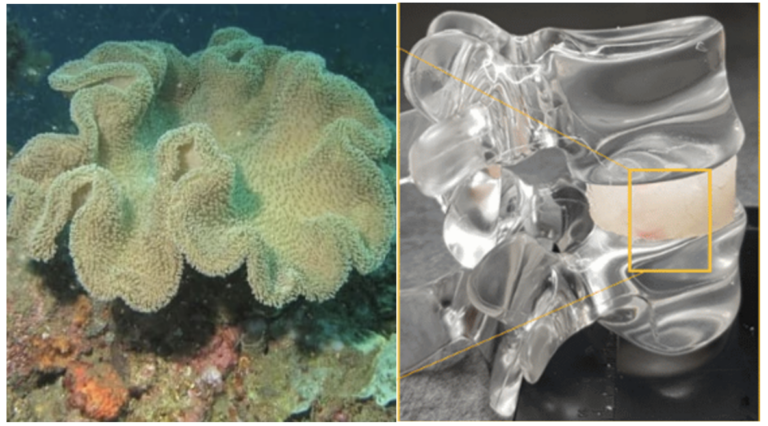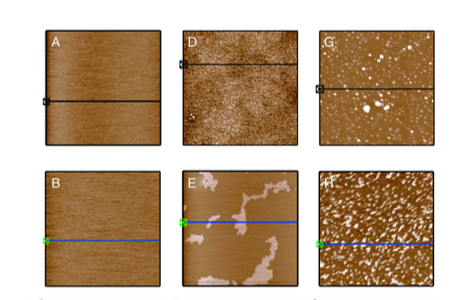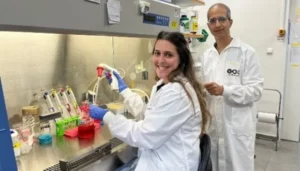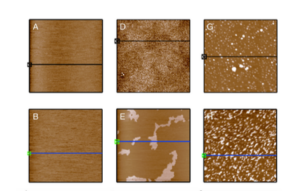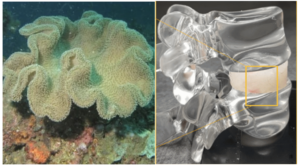Universités BGU et UHJ (Israël) : les bébés font preuve d'empathie à l'égard de personnes menacées dès six mois

[:fr]
L’exposition à la violence des très jeunes enfants, physique ou verbale, est largement sous évaluée et fait l’objet de peu d’études. On pensait jusqu’ici que les bébés développent leur capacité d’empathie seulement après un an. Mais des chercheuses de l’Université Ben Gourion du Néguev (BGU, Dr Florina Uzefovsky) et de l’Université Hébraïque de Jérusalem (UHJ, Yael Paz et Dr Maayan Davidov) en Israël, ont montré que les bébés font preuve d’empathie à l’égard d’une victime d’intimidation ou de menaces dès l’âge de six mois.
« Les résultats de deux expériences visuelles menées avec des bébés indiquent que même au cours de la première année, le nourrisson est déjà sensible aux sentiments des autres et peut tirer des conclusions complexes au sujet d’une manifestation émotionnelle particulière », a déclaré le Dr Florina Uzefovsky, responsable du BGU laboratoire de Bio-Empathie et maître de conférences au département de psychologie de la BGU et au Centre Zlotowski pour les neurosciences.
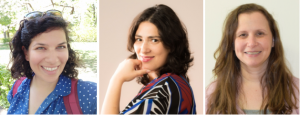
Florina Uzefovsky précise : « même au cours de la première année de vie, les bébés sont en mesure d’identifier les personnages qui méritent de l’empathie et ceux qui ne la méritent pas, mais si rien ne montre la détresse de l’autre, aucune préférence n’est montrée ».
Lors de la première expérience, les chercheuses ont déterminé que les nourrissons âgés de cinq à neuf mois manifestaient une nette préférence pour les victimes. Ils ont montré à 27 enfants deux clips vidéo représentant une figure carrée avec les yeux gravés sur une colline, rencontrant une figure circulaire amicale, puis descendant joyeusement ensemble, tout en affichant des sentiments clairs, positifs ou neutres. Dans la deuxième vidéo, cependant, le même personnage rond frappe et intimide le personnage carré jusqu’à ce qu’il redescende la colline, montrant de la détresse en pleurant encore plus.
Les chercheurs ont ensuite proposé aux bébés de montrer leur préférence en choisissant l’une des figures carrées présentées sur un plateau. Plus de 80% des participants ont choisi la figure qui avait montré de la détresse, montrant ainsi une préférence empathique envers la figure victime d’intimidation. Lorsqu’on leur montre le même ensemble de figures sans indiquer pourquoi il y a de la tristesse ou une humeur positive, les bébés ne montrent aucune préférence pour l’une ou l’autre de ces figures.
Publication dans le British Journal of Psychology, 12 juin 2019
Traduction/adaptation Esther Amar pour Israël Science Info
[:en]
In Israel, BGU and Hebrew U. researchers through two experiments contributed to the debunking of the theory that babies only develop the ability to empathize after one year. « The findings indicate that even during a baby’s first year, the infant is already sensitive to others’ feelings and can draw complicated conclusions about the context of a particular emotional display, » says Dr. Florina Uzefovsky, head of the BGU Bio-Empathy Lab, and senior lecturer in BGU’s department of psychology and the Zlotowski Center for Neuroscience.
“Even during the first year of life, babies are able to identify figures who « deserve » empathy and which ones do not, and if it appears that there is no justification for the other one’s distress, no preference is shown. »
In the first experiment, researchers determined that five- to nine-month-old infants demonstrate a clear pro-victim preference. They showed 27 infants two video clips depicting a square figure with eyes climb a hill, meet a circular friendly figure, then happily go down the hill together, all the while displaying clear positive or neutral feelings. In the second video, however, the same round figure hits and bullies the square figure until it goes back down the hill, showing distress by crying and doubling over.

The researchers then had the babies show their preference by choosing one of the square figures presented to them on a tray. More than 80% of the participants chose the figure
that had shown distress, thus showing empathic preference towards the bullied figure. When shown the same set of figures without the context of why there was sadness or a positive mood, the babies showed no preference for either figure.
Researchers from Hebrew University of Jerusalem Dr. Maayan Davidov and Yael Paz participated in the study.
This research was supported by the Israel Science Foundation.
Published in British Journal of Psychology, June 12th 2019
Ben-Gurion University of the Negev (BGU) is the fastest growing research university in Israel. With 20,000 students, 4,000 staff and faculty members, and three campuses in Beer-Sheva, Sede Boqer and Eilat, BGU is an agent of change, fulfilling the vision of David Ben-Gurion, Israel’s legendary first prime minister, who envisaged the future of Israel emerging from the Negev. The University is at the heart of Beer-Sheva’s transformation into the country’s cyber capital, where leading multinational corporations eagerly leverage BGU’s expertise to generate innovative R&D.
Now in its 50th year, BGU’s mission continues to be effecting change, locally, regionally and internationally. With faculties in Engineering Sciences; Health Sciences; Natural Sciences; Humanities and Social Sciences; Business and Management; and Desert Studies, BGU is a university with a conscience, active both on the frontiers of science and in the community. Over a third of our students participte in one of the world’s most developed community action programs. The University is a recognized national and global leader in many fields, actively encouraging multi-disciplinary collaborations with government and industry, and nurturing entrepreneurship and innovation in all its forms.
[:]

